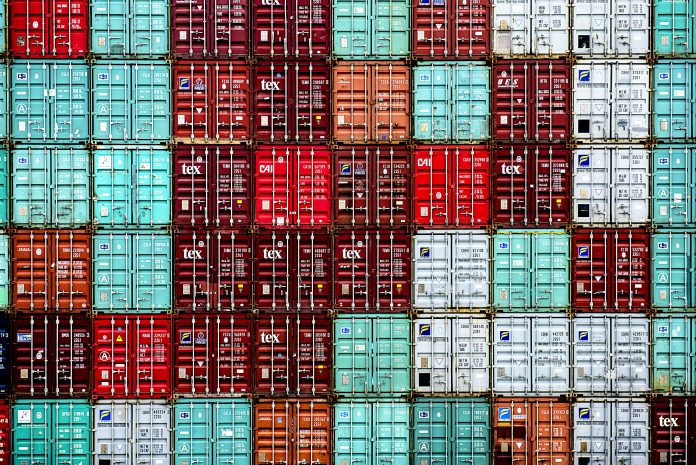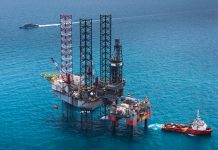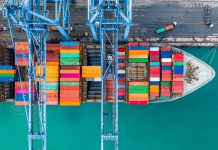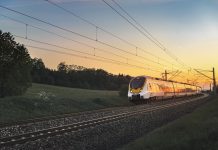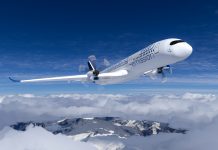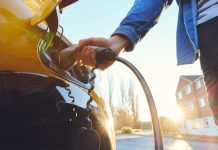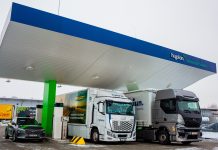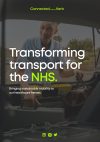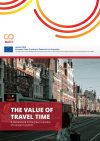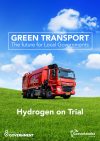Marco Molica Colella, project coordinator for AUTOSHIP, discusses the EU’s role in autonomous shipping and changing of transport emissions globally
With less than 100,000 vessels worldwide, shipping represents the highest percentage of world trade (80-90% according to different sources). The coarse numbers include ca. 10% of transport emissions as well as up to 4.9% of global emissions, increasing in 2021.
But CO2 is not the only drawback. Shipping is, in fact, co-responsible of ocean acidification and emissions of air pollutants like sulphur dioxide, which can travel long distances.
Socially speaking, the labour conditions are also changing as well as challenging: the number of seafarers quitting the industry is reported to increase every year due to safety, unsettled life and hard work. They usually give up, picking up jobs on the shore.
Keeping the EU technology leadership in autonomous shipping
With this challenging background defined, shipping is however a key sector and a cheap means of transport, to potentially support the modal shift targets to decongestion EU roads. Indeed, maritime transport has a higher energy-efficiency than others and is, in general, less harmful to the environment (1).
To this purpose, since 2001, the concept of a Motorway of the Sea (MoS) has been developed (2). At its base, there is a new intermodal maritime-based logistics chain in Europe and EU target is to shift 30% of road freight of more than 300 km to multimodal solutions by 2030 (corresponding to 216 bn tonne-kilometres), and more than 50% by 2050, compared with business-as-usual developments (3). How- ever, its capacity in this scenario is not keeping the pace yet, and it needs improvement since it is still losing competitiveness with respect to trucks in terms of costs and reliability.
In this context, autonomy – provided at different levels and degrees – is not the final goal, but an enabler to improve the sector with better work conditions, more safety, reliability, resilience, and business opportunities. It is not only a matter of ships, though. Highly automated and autonomous ships and ports are both expected to address the challenges of efficiency, environment, safety, and economy.
The whole logistics is involved, and it is not a surprise that latest EU announcement of autonomous shipping services are promoted by cargo owners (YARA and ASKO). Keeping the EU technology leadership is key to be at the center of this change.
Launching next generation of autonomous shipping across Europe
Although Asia has dominated the shipbuilding industry for several decades due to lower-cost manufacturing, Europe has maintained a leading market share in specialized, high-quality vessels and is effectively supporting new paradigms of multimodal transport to develop sustainable businesses and relieve roads congestion and related pollution.
Supported by the industrial and technological expertise of leading European maritime companies, the EU-funded project AUTOSHIP – Autonomous Shipping Initiative for European Waters aims at speeding-up the transition towards a next generation of autonomous ships in EU by developing and operating two self-navigating ships, demonstrating their operative capabilities in Short Sea Shipping and Inland Water Ways scenarios.
The two use cases developed by AUTOSHIP will optimize efforts and investments in order to advance common standards and enabling operations in a shorter timeframe than expected, and this will also help ship operators and owners to improve the economy of scale of their investments, to effectively gain competitiveness and renew their fleets, making them more competitive to replace road transport.
The project coordinator: CiaoTech (PNO Group)
CIAOTECH S.r.l., a wholly owned company of the PNO Group, is Europe’s largest independent public funding and innovation consultancy with more than 30 years of hands-on expertise with more than 500 funding programmes in most EU countries, annually raising approximately 1 billion Euro for its clients. PNO provides support services to private and public organizations in fostering connections and stimulating, realizing and financing innovation in an ever faster and more complex innovation landscape – changing the world for the better.
In the frame of AUTOSHIP, PNO acts like a professional project management company, coordinating the activities, and it is also the partner leader of the Dissemination, Communication and Exploitation management tasks: the dedicated R&D Advisory team is involved in the development of the Stakeholder and Market analyses, in the first Cost-Benefit-Analysis for autonomous vessels use cases and in the definition of the exploitation plans and to facilitate a successful dissemination and transfer of the project results.
About the Authors
Marco Molica Colella (PhD) is a mechanical Engineer with Innovation and Financial Education. He is Team Manager in PNO for the R&D Advisory Services, as Head of the Innovation Analysts unit. He is the AUTOSHIP project coordinator and has developed a strong knowledge of the maritime innovation landscape.
Manuela Guiducci is Communication Consultant in PNO Group and supports AUTOSHIP D&C Strategy.
- COM (2004) 453 final. The energy consumption per km/ton of transported goods on inland waterways is approximately 17% of that of road transport and 50 % of rail transport.
- Transport White Paper- European transport policy for 2010
- SWD (2016) 140 final, COMMISSION STAFF WORKING
DOCUMENT REFIT EX-POST EVALUATION of Combined Transport Directive 92/106/EEC Final Report
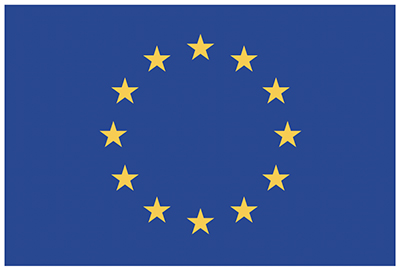
This project has received funding from the European Union’s HORIZON 2020 Research programme under the Grant Agreement no. 815012.
Please note: This is a commercial profile
Contributor Profile
Editor's Recommended Articles
-
Must Read >> Reducing emissions and noise from transport
-
Must Read >> How can short sea shipping emissions be reduced?



